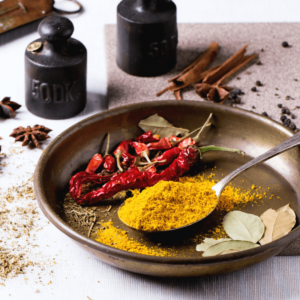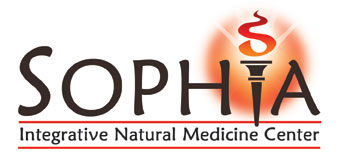Have You Ever Heard about Tumeric?
If not, Turmeric is a plant that is within the same family as Ginger. Javanese Turmeric (Curcuma Xanthorrhiz) has been used medically for thousands of years. Curcumin is the active ingredient in Turmeric that contains many health benefits. After hundreds of clinical studies done, there is significant evidence-based research showing the effectiveness of this ancient supplement.*
In this blog, we will go over three impressive scientific benefits of Turmeric.
Impressive Inflammation Benefits
 In many ways, inflammation is a common barrier to why patients don’t get better. Inflammation has been linked with most chronic health problems. Just to name a few, cancer, Alzheimer’s, diabetes, and chronic pain. There are many ways to reduce inflammation, but Curcumin has been extensively researched in its efficacy.*
In many ways, inflammation is a common barrier to why patients don’t get better. Inflammation has been linked with most chronic health problems. Just to name a few, cancer, Alzheimer’s, diabetes, and chronic pain. There are many ways to reduce inflammation, but Curcumin has been extensively researched in its efficacy.*
In a Pub-Med study, “Curcumin has been demonstrated to be safe in six human trials and has demonstrated anti-inflammatory activity. It may exert its anti-inflammatory activity by inhibition of a number of different molecules that play a role in inflammation.”
Curcumin & Cholesterol
When most think about Turmeric, we think about pain management. However, Curcumin has been shown to help beyond pain and reducing inflammation. In the clinic, it’s not uncommon to prescribe a medical grade Curcumin in addition to other supplements to help improve cholesterol (based on recent blood work).*
In one clinical study, “The effect of Curcumin administration in reducing the serum levels of cholesterol and lipid peroxides was studied in ten healthy human volunteers, receiving 500 mg of Curcumin per day for 7 days. A significant decrease in the level of serum lipid peroxides (33%), increase in HDL Cholesterol (29%), and a decrease in total serum cholesterol (11.63%) were noted. As Curcumin reduced serum lipid peroxides and serum cholesterol, the study of Curcumin as a chemopreventive substance against arterial diseases is suggested.”
Turmeric Aids Allergies
When treating allergies, one must approach it from the source. Often, the root of many allergies is excessive histamine production. One non-pharmaceutical way of aiding allergies is through Turmeric.*
According to The National Institute of Health, “Curcumin and tetrahydrocurcumin (THC) caused a marked decrease in histamine release. These results suggest that the hydroxy groups of Curcumin play a significant role in exerting both the anti-oxidative and anti-allergic activities.”
At SOPHIA Natural Health Center, we use medical grade Curcumin for our patients. As healthcare professionals, we strive to offer our patients the highest quality of healthcare. Our Turmeric is highly bioavailable with superior absorption. For any questions, please call our office at 203-740-9300.
Christopher Maslowski, L.Ac.
SOPHIA Natural Health Center
References
Suzuki M, Nakamura T. Elucidation of anti-inflammatory agents differ in their ability to suppress NF -kappaB activation, inhibition of expression of cyclooxygenase-2 and cyclin D1, and abrogation of tumor cell proliferation. Oncogene. 2004 De ;23(57):9247-58.
Chainani-Wu N. Safety and anti-inflammatory activity of curcumin; a component of turmeric (Curcuma longa). J Altern Complement Med. 2003 Feb; 9(1);161 -8.
Soni KB, et al. Effect of Oral Curcumin administration on Serum Peroxides and Cholesterol Levels in Human Volunteers. Indian J Physiol Pharmacol. Oct 1992;36(4):273-75.
*The effectiveness of diagnosis and treatment vary by patient and condition. Sophia Natural Health Center does not guarantee certain results.
